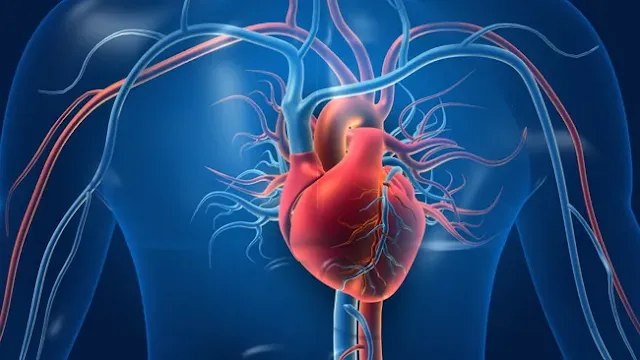Tab Angised uses and side effect overveiw for Heart Medication
Introduction
Angised is a commonly prescribed medication used in the management of certain heart conditions, particularly angina pectoris. Angina refers to chest pain caused by reduced blood flow to the heart muscles. This medication is essential in improving the quality of life for individuals suffering from such cardiac issues. In this blog, we will explore Angised in detail, including its uses, dosage, side effects, and other critical information.
By Adnan Fazal,Medical Research Analyst
What is Angised?
Angised contains the active ingredient glyceryl trinitrate, which belongs to a class of medications known as nitrates. It works by dilating (widening) the blood vessels, which helps increase the blood supply to the heart. This action reduces the heart’s workload and alleviates the pain associated with angina. Angised is often prescribed in tablet form but is also available as a spray or ointment, depending on the patient's specific needs.
How Does Angised Work?
The primary action of Angised is to relax the smooth muscles in the blood vessels. By dilating these vessels, the heart doesn’t have to work as hard to pump blood through the circulatory system. This leads to a reduction in chest pain caused by angina attacks, allowing patients to continue their daily activities with less discomfort.
Uses of Angised: Angised is used primarily for the prevention and treatment of angina pectoris. However, it may also be prescribed for other conditions related to heart health, including:
- Chronic stable angina – to reduce the frequency of chest pain.
- Acute angina attacks – for immediate relief during episodes.
- Heart failure – as part of a broader treatment plan, especially in cases where the heart is struggling to pump blood efficiently.
Dosage and Administration: The dosage of Angised depends on the individual’s condition and response to the treatment. It is critical to follow the healthcare provider's instructions carefully to avoid adverse effects. Here’s a typical breakdown of how it’s administered:
- Sublingual tablets: These are placed under the tongue to dissolve quickly for fast action during an acute angina attack.
- Spray: For those who find tablets difficult to take, the spray is a good alternative. One or two sprays under the tongue can help relieve angina pain.
- Ointment: This is applied to the skin, particularly in long-term management, to prevent angina attacks.
Side Effects: Like any medication, Angised comes with potential side effects, although not everyone will experience them. Some of the more common side effects include:
- Headache: This is the most common side effect due to the widening of blood vessels.
- Dizziness: A drop in blood pressure can cause lightheadedness, especially when standing up quickly.
- Nausea: Some people may experience stomach discomfort.
- Flushing: Reddening of the face due to increased blood flow.
Most of these side effects are temporary and may subside as the body adjusts to the medication. However, if they persist or worsen, it’s essential to seek medical advice.
Warnings and Precautions: Before taking Angised, certain precautions should be kept in mind:
- Alcohol: Avoid consuming alcohol while on this medication, as it can exacerbate the blood pressure-lowering effects.
- Low blood pressure: Patients with already low blood pressure or those taking other medications for hypertension should be monitored closely.
- Interaction with other medications: Angised can interact with certain drugs, particularly phosphodiesterase inhibitors like sildenafil (used for erectile dysfunction), which can cause a severe drop in blood pressure.
- Pregnancy and breastfeeding: Always consult a doctor if you are pregnant, planning to conceive, or breastfeeding before starting this medication.
Storage: Angised tablets and sprays should be stored at room temperature, away from direct sunlight and moisture. Make sure to keep them in their original packaging, especially tablets, which can lose potency if exposed to air or moisture.
Conclusion: Angised is a life-saving medication for many individuals suffering from angina and related heart conditions. While it offers significant benefits, it’s important to use it under the guidance of a healthcare professional to avoid potential side effects and interactions. By understanding how Angised works, its uses, and precautions, patients can better manage their heart health and reduce the impact of angina on their daily lives.



Comments
Post a Comment